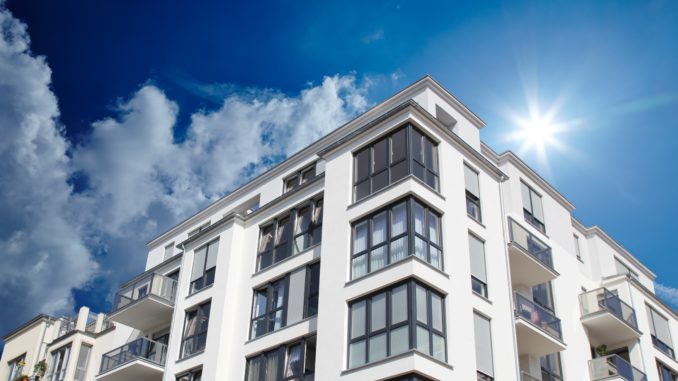
Buying a home is a very important decision. It needs a notable amount of capital, and it influences the overall quality of life. Buying a house can also be a considerable investment. Deciding between buying a new house or a used property is not reduced to the belief that the new is better. Therefore, this article will help you to consider both sides of the coin and decide what really suits you.
Advantages and Disadvantages
There is probably no answer to what is the smartest or most profitable move. The individual must know what suits them best. But it’s important to know and understand the differences between new and used houses. Both have their advantages and disadvantages.
Structure
New Property
When buying a house or condo, whether pre-sale or new, you get the enjoyment of planning everything according to your own project.
Old Property
Many old houses have been built solidly, thanks to which they have lasted in excellent condition despite the years. However, such a house may need renovations in a short time.
Location
New Property
Presently, a lot of new real estates are being built in an excellent location. However, it is worth analysing whether you want to live in a busy area with a lot of local traffic. The situation is different in the case of offices because it is always better if they are in the city centre. For example, consider Juxon House London as your office space if you want to elevate your company among others.
Old Property
The positive side of buying used houses is that they are often located in attractive neighbourhoods. However, before making your decision, analyse what you want to prioritise: put in the balance the implications for your pocket and your well-being.
Price
New Property
If you buy in pre-sale, that is, in the period of construction of the property the price can be 15 to 30% lower than buying a finished work. Everything depends on the phase in which you make the acquisition. However, it is also true that a new house in the same area can cost you up to 20% more than a used property.
Old Property
Buying in pre-sale can benefit you in price, but hurt you in the delivery time. If you choose a used house, you can move into it right away. Also, a property with more than 20 years will allow you to negotiate the price (because it could require renovations) and with it obtain a little saving.
Style
New Property
There are houses in which there is the possibility of choosing finishes, floor type, closets and other details to customise your space. In a second-hand house, you will have to accept and adapt the design you already have, or, redecorate it completely.
Old Property
The period houses have a certain charm for both investors and tenants. They can have excellent uses: restaurants, galleries, et cetera.
Maintenance level
New Property
What is expected is that a new house requires a low level of maintenance for at least 5 or 10 years. In theory, everything must be in optimal conditions for delivery.
Old Property
If you are tempted to buy a property to generate profits on resale or just to live in, make sure that the renovation costs do not exceed 10% of the total value of the house. Otherwise, it can be unprofitable.
Amenities and services
New Property
The residential buildings currently offer a broad spectrum of amenities and services: from the roof garden, gym and pool, to nursery or movie theatre. The offer is governed by the precept of improving the lifestyle of its inhabitants.
Old Property
A used house will hardly have that kind of attractions, although many times, an ‘old’ building usually has the virtue of an excellent location and, therefore, easy access to public areas of leisure and transport.
Conclusion
As you can see there are different factors that can influence your decision whether to buy a new or used house. Analyse the pros and cons and state your decision wisely.